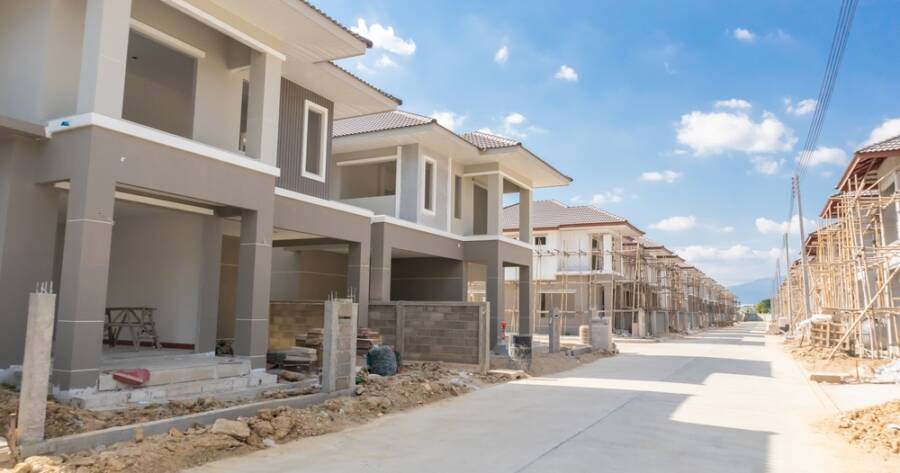Buying a home is one of the biggest financial decisions most people will ever make. One major choice buyers face is whether to go with new construction or a resale property. Each option comes with unique costs, benefits, and long-term impacts on your wallet. Understanding the financial differences can help you make a more confident decision.
Upfront Costs and Customization
New construction homes often come with higher upfront prices than comparable resale homes. However, they usually include brand-new appliances, energy-efficient features, and fewer immediate repairs. Buyers can also choose layouts, finishes, and fixtures that match their preferences, which may reduce remodeling costs down the line.
Resale homes may come at a lower purchase price, depending on location and condition. But many need updates or repairs, especially older homes. Expenses such as replacing HVAC systems, updating electrical wiring, or renovating bathrooms can add up quickly. These are important to budget for when comparing the total cost of buying an existing home.
Maintenance and Repairs Over Time
A major financial advantage of new construction is reduced maintenance in the early years. Because everything from the roof to the water heater is new, there’s less chance of surprise repair bills. Many builders also offer warranties that cover structural and mechanical systems for several years, offering added peace of mind.
Resale homes don’t come with the same protection unless a home warranty is purchased separately. Buyers should consider the age and condition of major components like the roof, plumbing, and foundation. A lower initial price might seem appealing, but future repair costs could balance out the savings if the home needs serious work soon after purchase.
Energy Efficiency and Utility Savings
New homes are typically built with the latest energy codes in mind. This means better insulation, more efficient HVAC systems, and energy-saving windows. Over time, these features can lead to noticeable savings on heating and cooling bills.
Older homes may lack these updates unless they’ve been recently renovated. Drafty windows, outdated insulation, and older appliances can lead to higher monthly utility costs. Even though these issues can be fixed, the upgrades require investment. The long-term energy savings from a new home may make it the more economical choice for some buyers.
Property Taxes and Insurance Considerations
It’s common for property taxes on new construction homes to be higher, especially in rapidly growing areas. This is because taxes are often based on the most recent sale price or assessed value. Resale homes may have lower taxes initially, although reassessments can occur after purchase.
Home insurance rates also vary. New homes may cost less to insure due to updated safety systems like smoke detectors, fire-resistant materials, and modern electrical wiring. Resale homes, especially those built decades ago, may come with higher premiums if they have older infrastructure or are located in higher-risk zones.
Long-Term Value and Resale Potential
New construction homes may appreciate slower in the short term if built in rapidly expanding neighborhoods with lots of inventory. On the other hand, resale homes in established communities may benefit from limited availability and mature landscaping, which can enhance appeal.
However, newer homes may attract buyers later on because of their modern features and lower upkeep needs. A resale home that has been well maintained or fully renovated can also offer strong resale value. Ultimately, how much a home appreciates depends on its location, condition, and market trends—not just whether it’s new or old.
Choosing What’s Right for Your Budget and Goals
There’s no single answer to whether new construction or resale offers better financial value. New construction may require more money upfront but can reduce repair and utility costs in the first few years. Resale homes might offer a lower entry price but often come with greater maintenance needs.
To decide, consider your financial situation, how long you plan to live in the home, and your comfort with future upkeep. A careful review of each option’s total costs—not just the purchase price—can help ensure your next home supports your budget and lifestyle for years to come.
